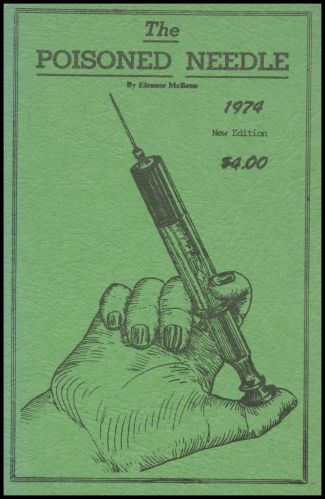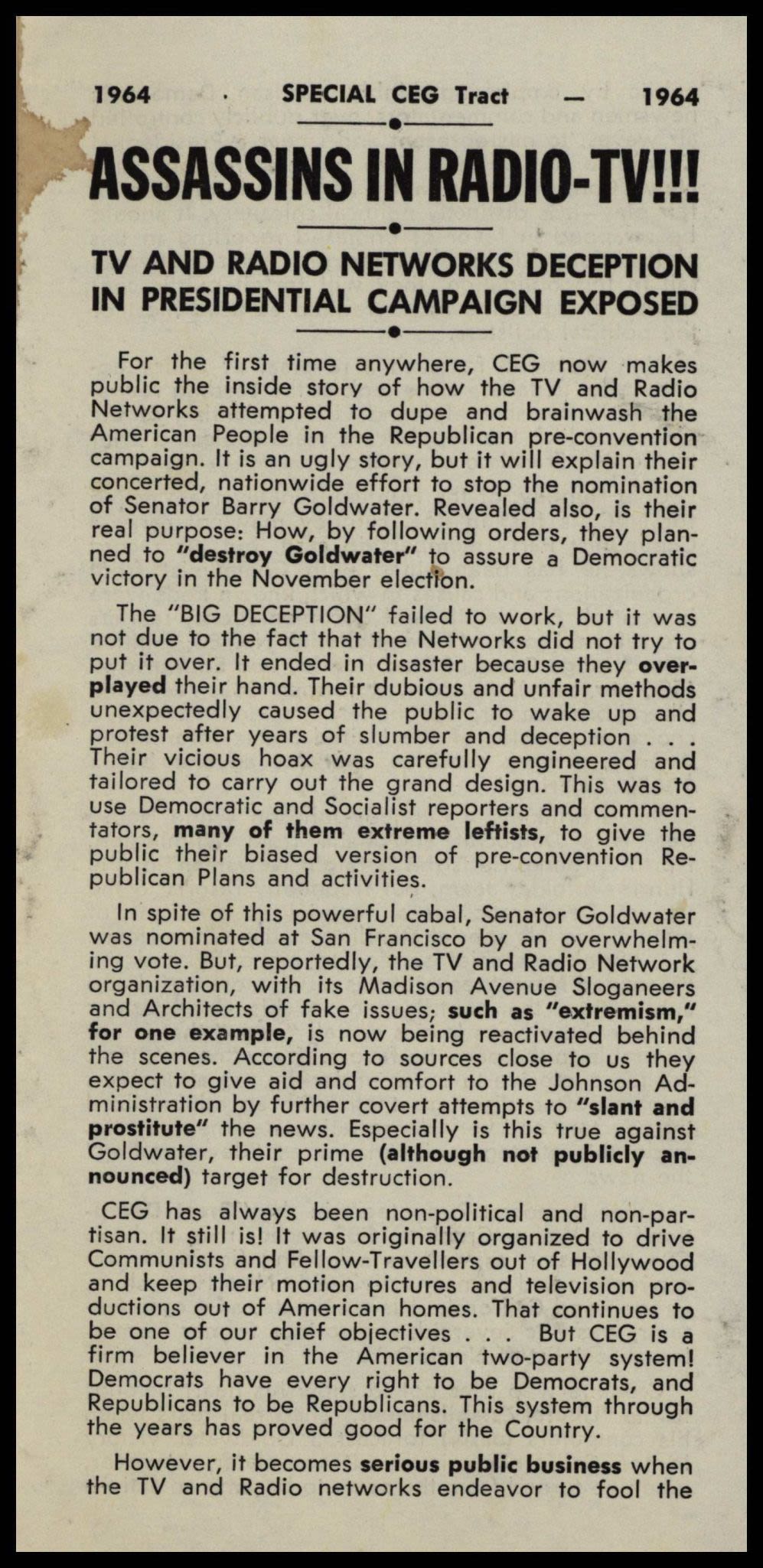Generation Z:
The Woke Generation

Born after 1997, the students of Generation Z make up a majority of today’s undergraduate population. Members of Gen Z are more racially and ethnically diverse than any previous generation – they’re also on track to be the most well-educated generation yet.
Gen Z is also (arguably) one of the most “woke” generations since the New Left of the 1960s and 1970s. Many members are outspoken advocates of social injustice, and are interested in topics including racism, homophobia, misogyny, poverty and climate change.
While millennials may have been digital pioneers, Gen Z is the first generation to be born into digital technology. Communicating through digital channels, like social media, comes naturally to Gen Zers. These online platforms offer a new way to discuss and debate social issues. They also, unfortunately, have contributed to an increase in the spread of fake news and misinformation, which Generation Z is especially vulnerable to, given their significant digital presence.
Colleges and universities play an important role in preventing manipulation and radicalization. Through primary sources, institutions can ensure Gen Zers have access to trusted and informative content that can help students understand history, make connections and navigate the future. Here’s how.
Understanding the “fringe.”
To enable meaningful, constructive discourse surrounding topics like fringe political movements and extremism, educators must first have the materials to support it. Primary sources, like those included in Gale’s Political Extremism and Radicalism digital archive collection, provide access to materials that students can use to explore the origins of different issues and draw informed conclusions.
By offering opportunities for Gen Zers to apply critical thinking as they assess primary sources, including propaganda, extremist materials and misinformation campaigns, higher education institutions can create a safe space to explore the history of these ideologies and make critical connections to today’s landscape. Having extra context and the analytical skills to critically assess news sources can make the difference between calling out or falling for fake news.


A window into the past.
Primary sources provide a unique window into the past by providing moment-in-time insight into the experiences of individuals and groups. These materials provide authenticity because they have remained unfiltered and unedited.
Digitizing primary sources is not intended to tell Gen Z (or any other generation, for that matter) what or how to think. Instead, providing digital access to primary sources encourages students to use history to assess, analyze and question what they see, read and hear. Having historical references can also help to spot misinformation – and to question it.
Navigating politicized terminology.
“Snowflake Generation” and “snowflake” have become politicized insults used to denote young adults as being easily offended and unable to deal with opposing opinions. In a post exploring the history of the word, Merriam-Webster explains that recent years are not the first time snowflake has veered to the world of slang, with negative usage dating as far back as the 1860s.
The term “woke” is falling into a similar camp, and has been given a negative connotation by those who strive for “un-wokeness” or a lack of “political correctness” – insinuating they are more resilient, realistic and genuine. The following excerpt from Perry Bacon Jr. explores a recent example of “wokeness” going political:
“[This] anti-woke posture gives conservative activists and Republican officials a way to excuse extreme behavior in the past and potentially rationalize such behavior in the future. Republicans are trying to recast the removal of Trump’s accounts from Facebook and Twitter as a narrative of liberal tech companies silencing a prominent conservative, instead of those platforms punishing Trump for using them to incite violence and encourage overturning the election results.”
This trend is not limited to the U.S., however. Right-wing and far right-wing parties in the U.K. have jumped on to the “war on wokeness” bandwagon, too. Consider this article from The Sun, which brands Prince Harry and Meghan Markle as the “oppressive King and Queen of Woke”.
Once again, primary sources can make a critical difference for a student who has either been attacked for their “wokeness” or is simply trying to figure out the true meaning behind the term.
The right to protest.
In 2020, some of the largest, most widespread protests in US history took place after George Floyd, a Black man, was killed in police custody. Black Lives Matter protests were held across the country, with an estimated 15 to 26 million people in attendance – many of those being Gen Zers, who feel a duty and responsibility to better the world through their activism.
Members of Gen Z are also some of the most outspoken about climate change and understand the immensely negative impact it is having – and will have – unless swift, strong action is taken. This generation is not afraid of calling out the inaction of government leaders.
Higher education institutions can further support Gen Zers in their advocacy by providing access to primary sources related to global warming, the controversies surrounding it and its long-term impact.
Truth inspires change.
Members of Gen Z are showing support and inspiring change through their everyday actions. They spend with sustainable companies, they seek employment at inclusive workplaces – their day-to-day behavior is making a real-world impact.
This is much more than just youthful idealism. The woke generation is using their knowledge, skillsets and real-world experiences to make a difference. Higher education institutions play a critical role in supporting this and can help set the students of today and tomorrow up for success by providing access to primary sources – materials that bring facts into focus, and information to life.
Learn more about Gale's Political Extremism and Radicalism primary source archive series.
About the Author
Rachel Holt, Acquisitions Editor, Gale Primary Sources
Rachel Holt is an Acquisitions Editor for Gale Primary Sources where she is responsible for leading the development of primary source digital resources for the academic library market. Prior to Gale, she worked at Taylor & Francis and Oxford University Press. Rachel has nearly 10 years’ experience in the publishing industry and holds a M.A. in Publishing from The Oxford International Centre for Publishing Studies and a B.A. in History and English Literature from the University of Reading.

This content was paid for and created by Gale. The editorial staff of The Chronicle had no role in its preparation. Find out more about paid content.



